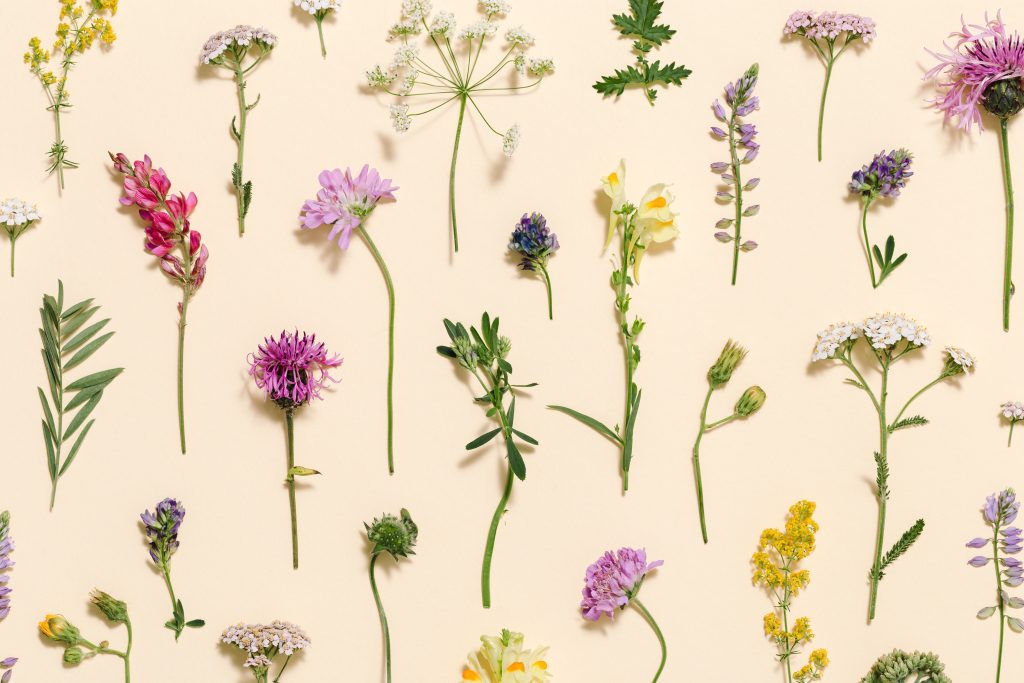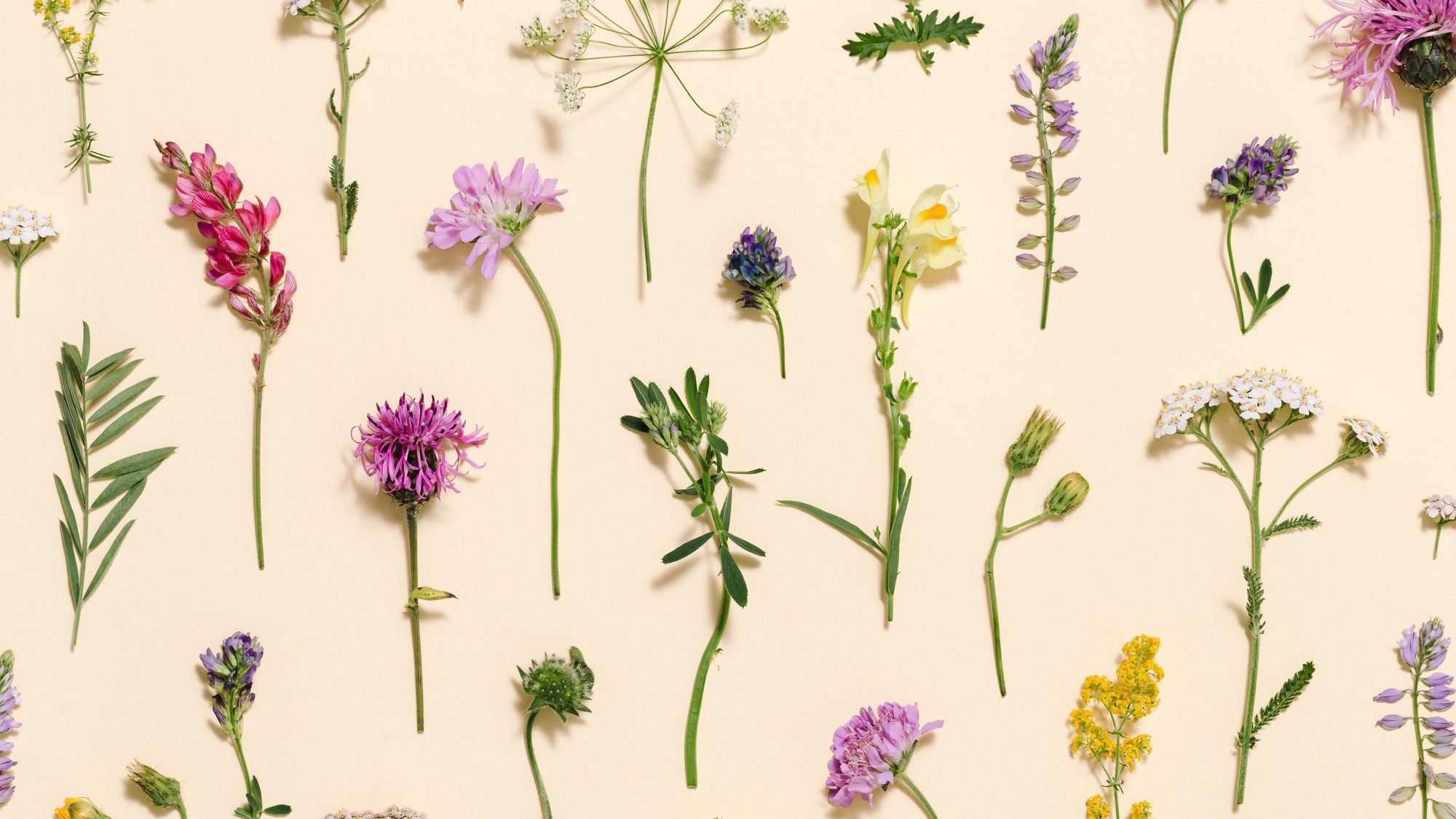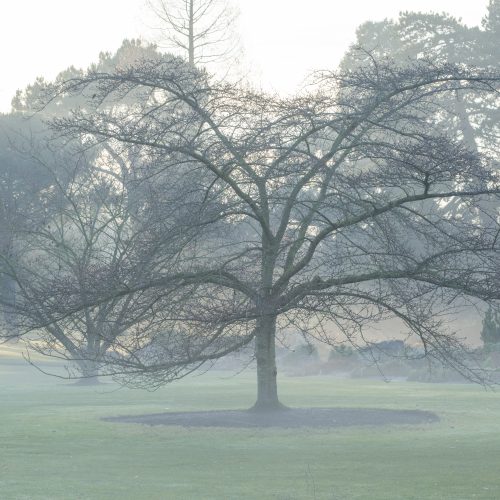Location: Classroom
About the course
Curious about botany, but scared to give it a go? This new, 1-day course could be for you! Join Karen van Oostrum for a lively, interactive taster session, introducing you to the world of plants. Making use of the glasshouse collections, you will learn about the different groups of land plants and find out when they evolved; you will understand how plants are adapted to different environments, and see some plants of socio-economic importance. Back in the classroom there will be a variety of plant material to investigate, allowing you to get to grips with all the different parts of flowering plants. By the end of the day you will have discovered how fruits develop from flowers, and you will fully understand what ‘Native’ and ‘Non-native’ species are.
About the tutor
Karen has a lifelong love of plants and the natural world, and enjoys sharing her knowledge through courses, talks, and guided walks. She completed a PhD in wheat genetics, before becoming Head of Education at Cambridge University Botanic Garden (2006–2012). She now works as a freelance botanist and educator, running botany courses for adults, teaching field skills to school groups, and leading walks that explore botany, historical landscapes, and geology. She also gives talks to Natural History Societies and U3A groups. Karen volunteers with her local environmental group in the Chilterns, leading walks, managing a Pollinator-Friendly Garden and serving on the Board of Trustees.
Bookings for this course will close on 19 January

Please take the time to read our course cancellations and refunds policy.
Please note that once this course has been filled, you can email education@botanic.cam.ac.uk to be added to a waiting list.




